Today’s readings
There’s a little Christian Science church in the town where I grew up, on Main Street, just north of the downtown area. They don’t anymore, but they used to list their upcoming sermon topic, followed by the line “All are welcome.” Imagine my surprise when one day, the topic was going to be eternal punishment. So the sign read: “Eternal Punishment. All are welcome.” Yeah, I had to drive around the block to make sure I read that right!
But that sign came to mind this week as I was reflecting on the readings for today. There is a strong theme of welcoming, of hospitality, in today’s Liturgy of the Word. But it’s not just a matter of saying to someone who’s new, “Hey, how are you? Welcome here!” The hospitality that we’re being called to in the readings today is a welcome of the Word of God. And that sounds much easier than it actually is, so hang on to that, because we will come back to it.
In our first reading from the second book of Kings, Elisha the prophet is extended hospitality by the Shunemite woman. Beginning by giving him food, eventually she builds a little room on the roof of her house so that Elisha could stay there whenever he was travelling through town. We don’t know if she was a believer or not, but she recognizes that Elisha is a holy man and uses her influence and means to see that his prophetic ministry could flourish.
In the Gospel reading, Jesus speaks of those who would welcome the apostles as they went about their preaching mission. “Whoever receives you receives me,” he tells them. When someone accepts the messenger – and, importantly, the message that he or she brings – one receives the giver of the message. This is the basis of our Catholic teaching that Christ is present in the word of God proclaimed in church.
The true prophet, of which Elisha was one, always brings the Word of God. The Shunemite woman reacted to the Word of God by making it welcome, in the person of Elisha. She is a model for us of the hospitality and welcome of the Word that we are asked to consider this day. So we too have to feed the Word and make a home for the Word. We can feed the Word by exposing ourselves to the Scriptures in prayer and reflection. I had a professor in seminary who used to beg us to read the Bible every day – even just a few verses. He would say, “Then, brothers, when you close your eyes in death, you will open them in heaven and recognize where you are!” When we feed the Word, we are able to grow in our faith and the Word will bring life to our souls.
From feeding the Word, we then have to build a little room for it, on the roof of our spiritual houses. It’s instructive that Elisha’s room was build on the roof, because then the Word of God was over everything in the Shunemite woman’s life. The Word of God was the head of her house and the guiding principle of her family life. When we build that room, figuratively in our own lives, it must take top precedence for us too. Jesus makes that a commandment in today’s Gospel.
And so we feed the Word and give it a home in our lives, and then it becomes the guiding principle of our own lives, as it should be. But here’s the thing about that, and maybe this is why so many people don’t want to do this. Because there is a cost to welcoming the Word of God. Remember that the prophets were not always as welcome as Elisha was in the Shunemite woman’s house. The prophets were often berated, ridiculed, even imprisoned, beaten and murdered, because the Word of God isn’t always welcome. Jesus says in the Gospel reading today, “Whoever receives a prophet because he is a prophet will receive a prophet’s reward.” We have to be clear about the fact that we fully expect that reward to be in heaven, because it’s tough to be a prophet in the world, in any age.
Because the Word of God calls us to live a certain way. The Word of God wants us to be open to change, the Word of God actually usually demands that we change. The Word of God wants us to be Christ to others, because Christ is the Word of God. And so we must be forgiving of those who harm us, loving to those who test us, reaching out to those who need us (even when it’s inconvenient, or they’re not the people we want to be around), welcoming of those who are different than us. Welcoming the Word of God means that we have to take up our cross and follow our Lord, meaning that there will be death involved and we might have to give up a whole lot.
In today’s world, the Word of God calls us to be Christ in the midst of a pandemic and a time of social unrest. We have to be people who stand for what is right and not just wait for the whole racial thing to “blow over.” We have to demand that our society gets this right once and for all, so that no one will ever be marginalized because of their race, not ever again. And we have to be people who, in the midst of a pandemic that is demanding a lot of us, give as much as we are called to. We have to wear our masks out in public because we could be protecting someone else. We have to social distance when it’s hard to do that, because we have to stop the spread.
We may have to die to what we think is important, die to our own self-interests and desires, die to what makes us feel comfortable. That’s what giving up one’s family meant in Jesus’ day: being cast out of the family was a form of death. So not loving mother and father and son or daughter more than Christ meant dying to life in this world. And dying to life in this world is exactly what welcoming the Word of God will cost us. That’s the message of the Gospel today.
But giving up our lives will not be without its reward. The Shunemite woman was rewarded with a child, even though her husband was advanced in years. Jesus says the same. Giving the Word of God even just a cup of water to nourish it and let it grow will be rewarded in ways we cannot even imagine.
So welcoming the Word of God will definitely cost us something, but it will also change everything. Are you willing to embrace the cost and build a home in your life for the Word of God?
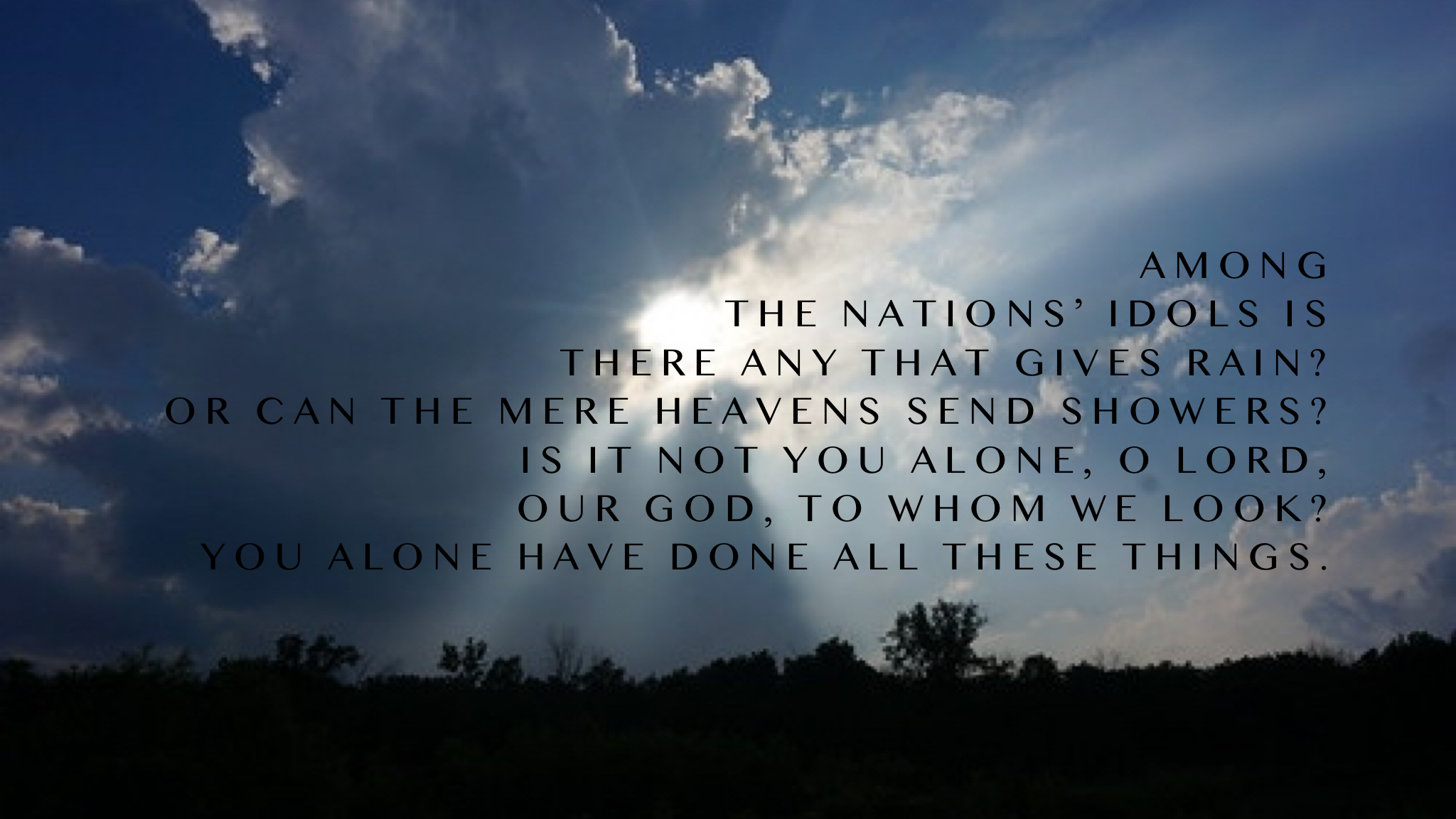
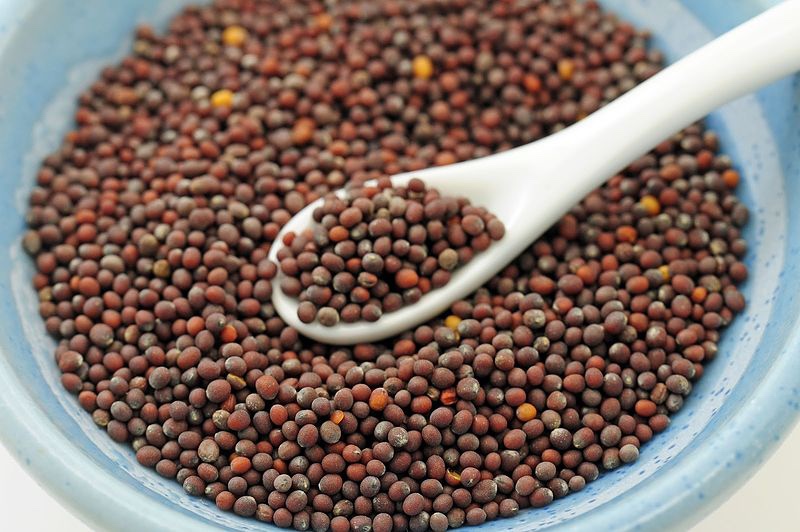
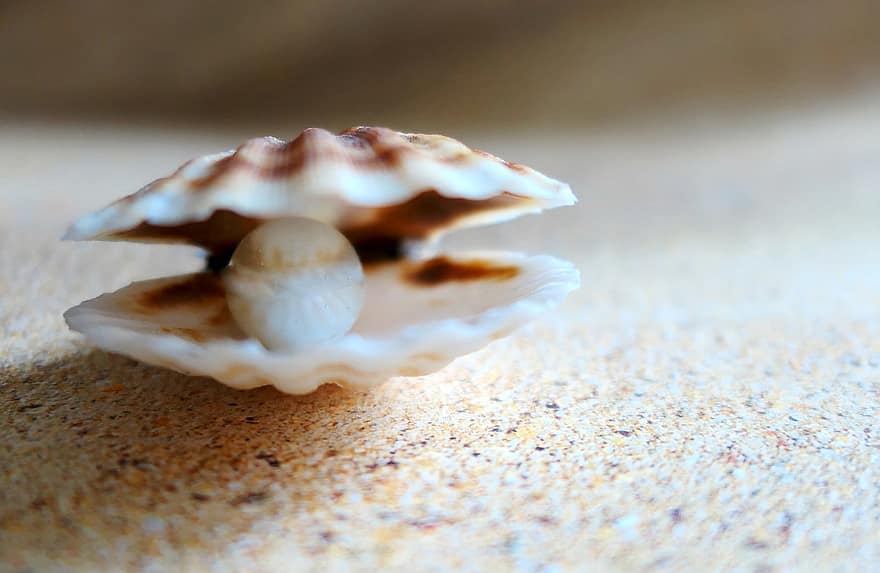
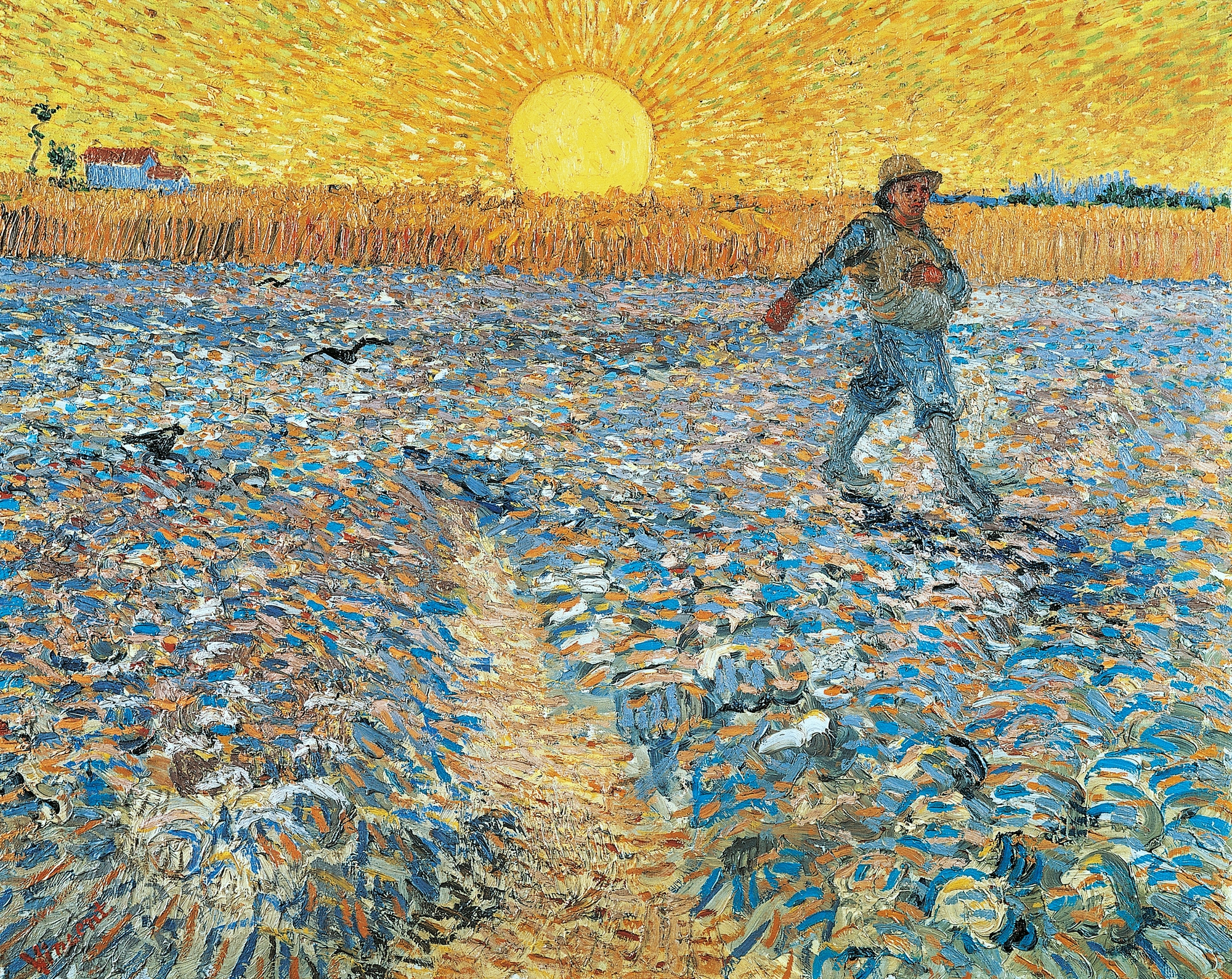
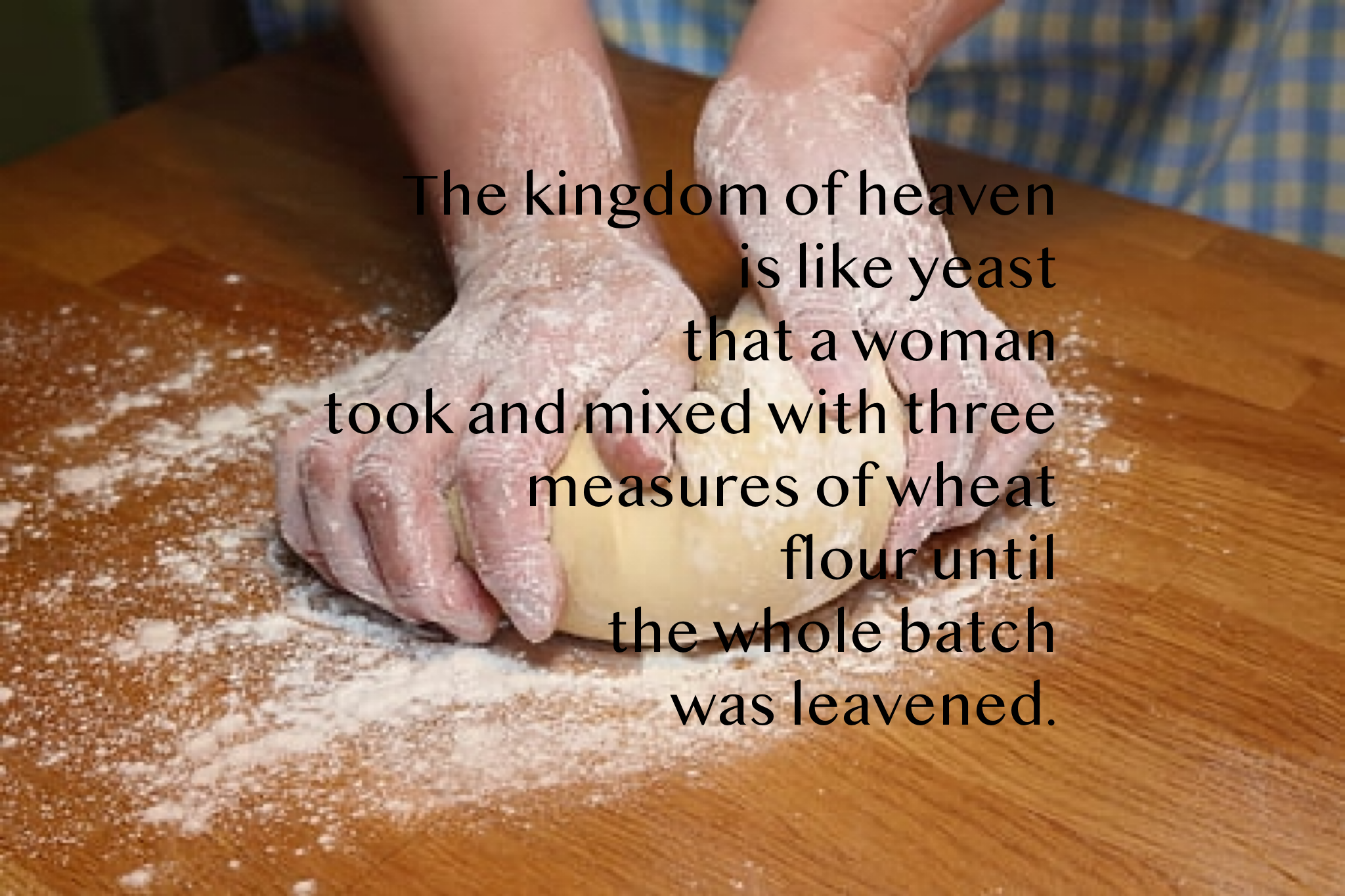

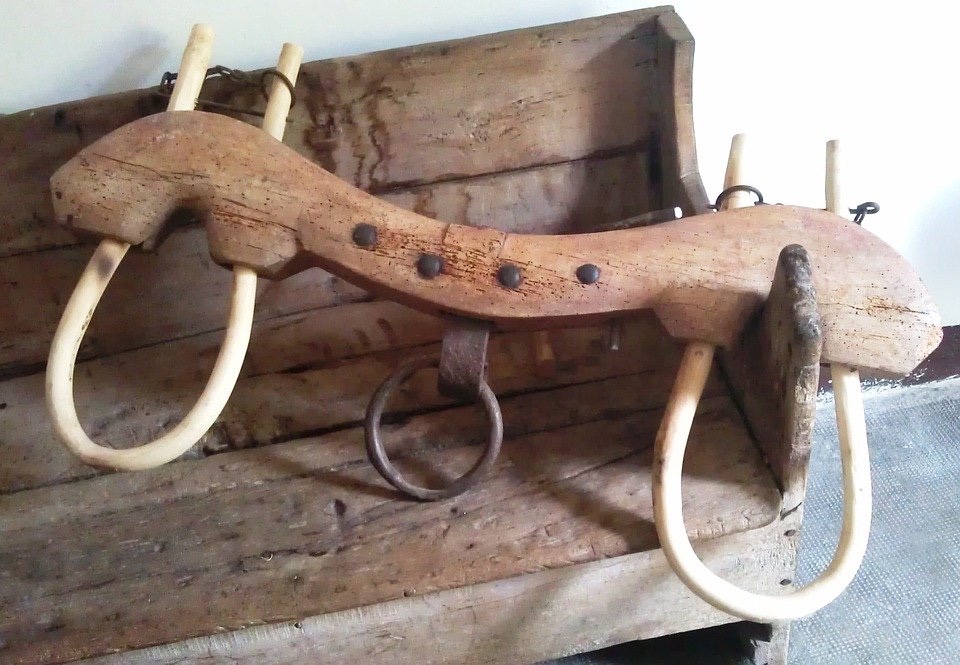
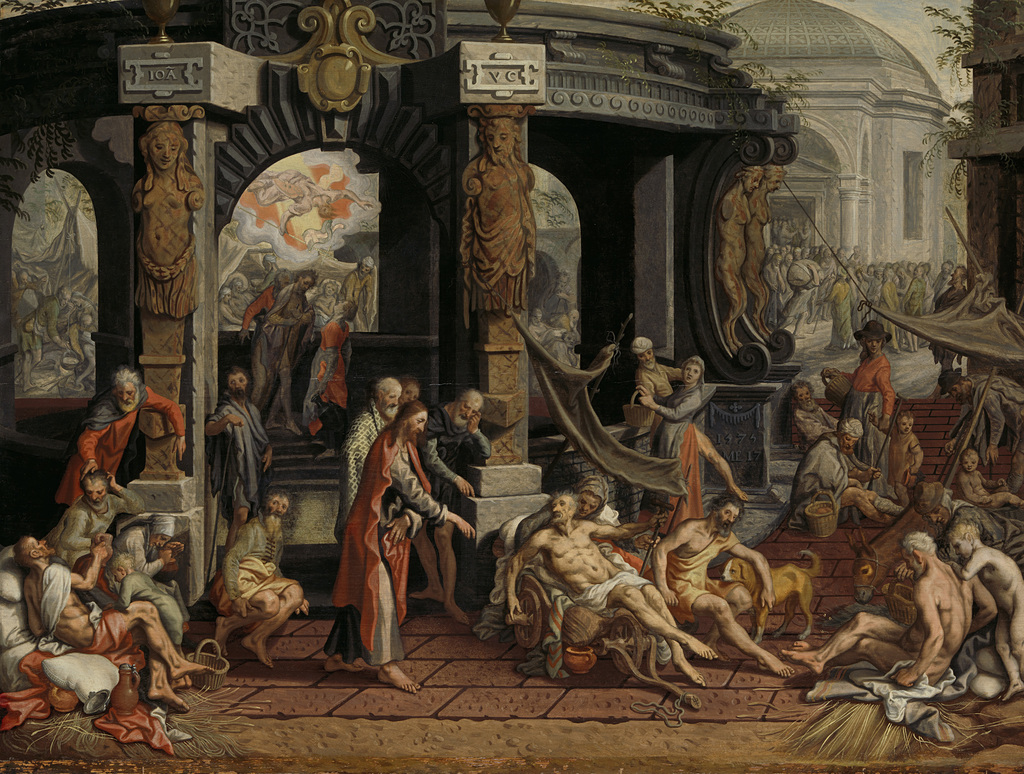
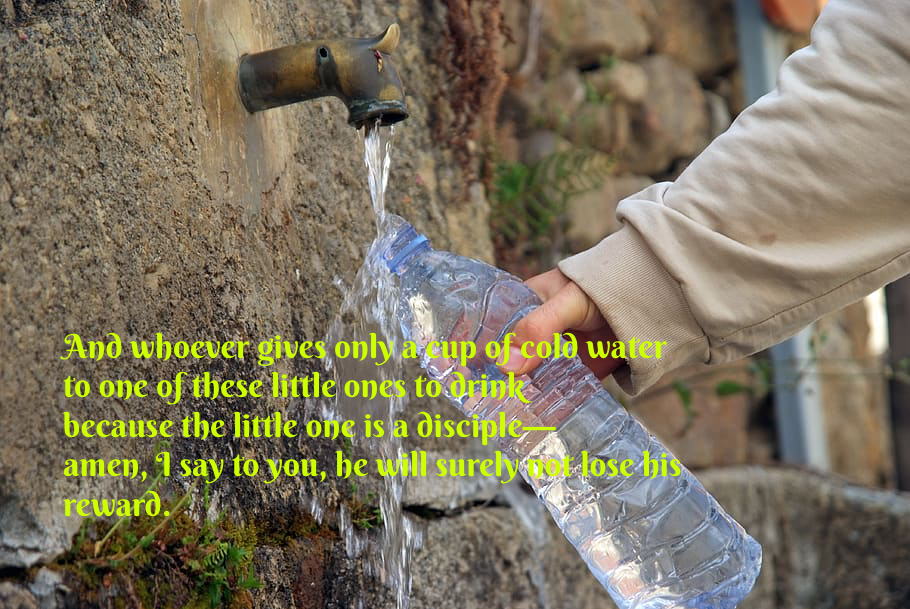
You must be logged in to post a comment.